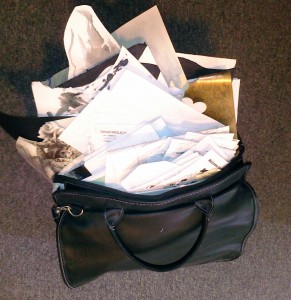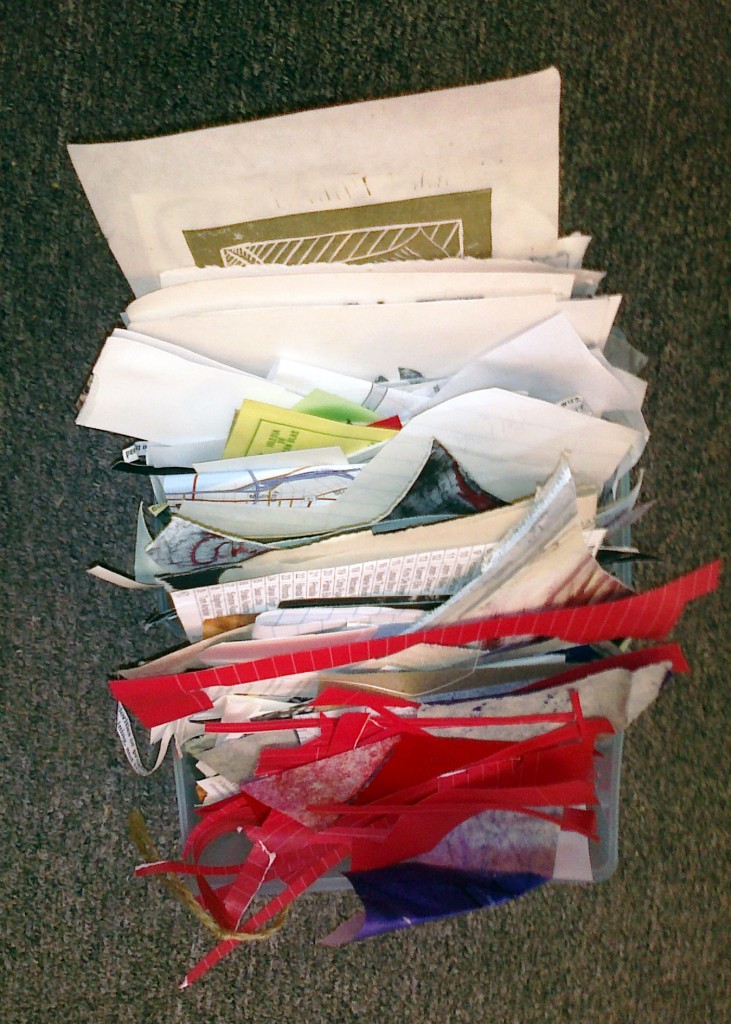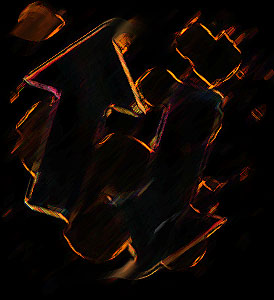Sometimes I wonder if something is wrong with me for how I feel about my job. I know I have a good job (better than any ‘regular’ job I’ve had) that is varied, I’m good at, and has many perks. I’d say it’s a million times better than the full time job I had before this one. The next one I land through working hard at this one will probably be even better. Still, I spend every day at it wishing I wasn’t here doing this.
Is it like this for all artists? Are we all doomed to feel like we’re not doing ‘real work’ when we’re doing something other than our art? I look at other people that are amazing and talented who have ‘regular jobs’ and consider their job their actual job and not just their day job. I can’t help but be a bit jealous. Also, I feel like their advice is always, “find a different job” as if the issue is this job I have, and working for another company or in a different position would make this feeling go away. I know at least some other artists ‘get it’, but I also feel like they’ve all either taken the leap into art full time or have found a better balance (or are closer to it).
I envy them, but I also don’t, because I know in most cases it comes at great sacrifice to some very basic things (money, healthcare, food, etc.). I try to think of all the people that have even less fulfilling jobs than me, or are having a hard time getting a job or one that pays enough to put towards their bills. I feel guilty for not being more satisfied with what I have, and I feel guilty for not doing ‘enough’ or ‘the right thing’ (whatever those are) to change things for the better with immediate results.
Every weekend I try my best to forget about this for two days, and every Monday, this feeling follows me out of bed and through every thing I do. I try to ignore the undertone of dissatisfaction, anxiety, and hopelessness enough to get through the work day, make it to my studio, and spend the small amount of time and energy left on what I feel is my real work.
I do it knowing it’s probably not enough to realize any of my goals. I try not to be sad. I hope that if I keep at it, all of the little bits of time I can spare will add up into great things and somehow get me out of this cycle.




